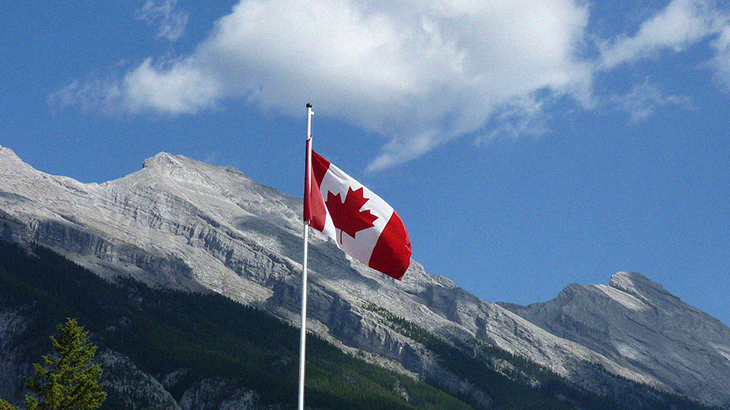
The Canadian healthcare system is famously known for its high quality and its affordable medication. The most commonly asked questions surrounding healthcare in Canada are not only whether or not it’s actually free but how it actually works, and that’s exactly what we’re about to answer right here.
Is Healthcare Free in Canada?
The short answer? Yes and no. Canada has a universal healthcare system that is available to all Canadian citizens and permanent residents. It is publicly funded through personal and corporate taxes, sales taxes, and payroll levies, among others. According to the Canadian Institute for Health Information (CIHI), the average Canadian was estimated to spend about C$7,064 in taxes on health care in 2019. This average varies depending on your level of income.
So, although you may not receive a bill after visiting a general practitioner (GP), for instance, you have already contributed to your health and well-being in advance through these various taxes and levies. This means no more surprise bills with inflated medical costs, shortfalls, or upfront payments required.
What Does Medicare Cover in Canada?
Most services provided by the Canadian healthcare system or Medicare, such as emergency services, visits to the family doctor, and maternity services, are covered at public hospitals or medical clinics. However, some services are not. Services such as home care, vision, and dental care, as well as prescription medication, are generally not covered by Medicare. However, there is partial coverage for children, seniors, and financially disadvantaged people.
Each Canadian province and territory also has its own unique health insurance plans outlining what is and is not covered. Some provincial or territorial health care programs may not cover 100% of medical bills, which is why most Canadians choose to take out additional health cover. On average, most Canadians spend around C$756 every year or approximately C$63 per month on private health care in Canada. This varies depending on the type of coverage you choose, as well as other factors such as your age, gender, and medical history, but with over 80 different insurance companies to choose from, you’re bound to find a plan that suits your needs at an affordable cost.
Is Canada’s Health Care Really Better Than Others?
According to the Organization for Economic Co-operation and Development (OECD), when compared with its neighboring country, the United States, for example, spends much more on healthcare than Canada does. While Canada spent around 10.8% of its gross domestic product (GDP), the U.S. spent approximately 17% of its GDP, the highest among OECD countries, on health care in 2019. This begs the question, “How sustainable will this be in the U.S., as public resources fund health care services.”?
Unlike Canada, the U.S. does not have a universal health care system. Government funding for medical care in The States is reserved for the elderly, the poor, and/or disadvantaged, which means that American employers are the only ones who can assist with providing medical aid for their employees. This, however, is optional, leaving many U.S. citizens with overwhelming medical aid bills or simply without access to medical care simply because they can’t afford it.
Prescription medication, although not covered by Canada’s Medicare, is much more affordable than in America. This was evident when Bernie Sanders visited Canada to demonstrate just how inflated the cost of insulin was in the United States. Where you would expect to pay anywhere around $300 for 1 vial of insulin in the U.S., it would cost a mere $30 in Canada. This is predominantly because the Canadian government plays a big role in moderating the price of drugs.
The premise of the Canadian Healthcare System is simple; provide high-quality basic health care based on need rather than whether or not someone can afford it.
For more information about Canada’s healthcare system, visit here.
Applying for Canadian Immigration Amidst COVID-19
Canada was at the forefront of making sure that Canadian citizens and permanent residents would be covered financially during the pandemic. As of October 2020, the Government provided more than 29 billion in funding for COVID-related health care. There have been updates with regards to special measures that need to be taken when traveling to Canada, including pre and post-arrival testing, as well as mandatory quarantine when you arrive in Canada.
For more information on how the Canadian healthcare system works, as well as the best Canadian immigration pathways and the visa application process, visit CanadianVisa.org.


